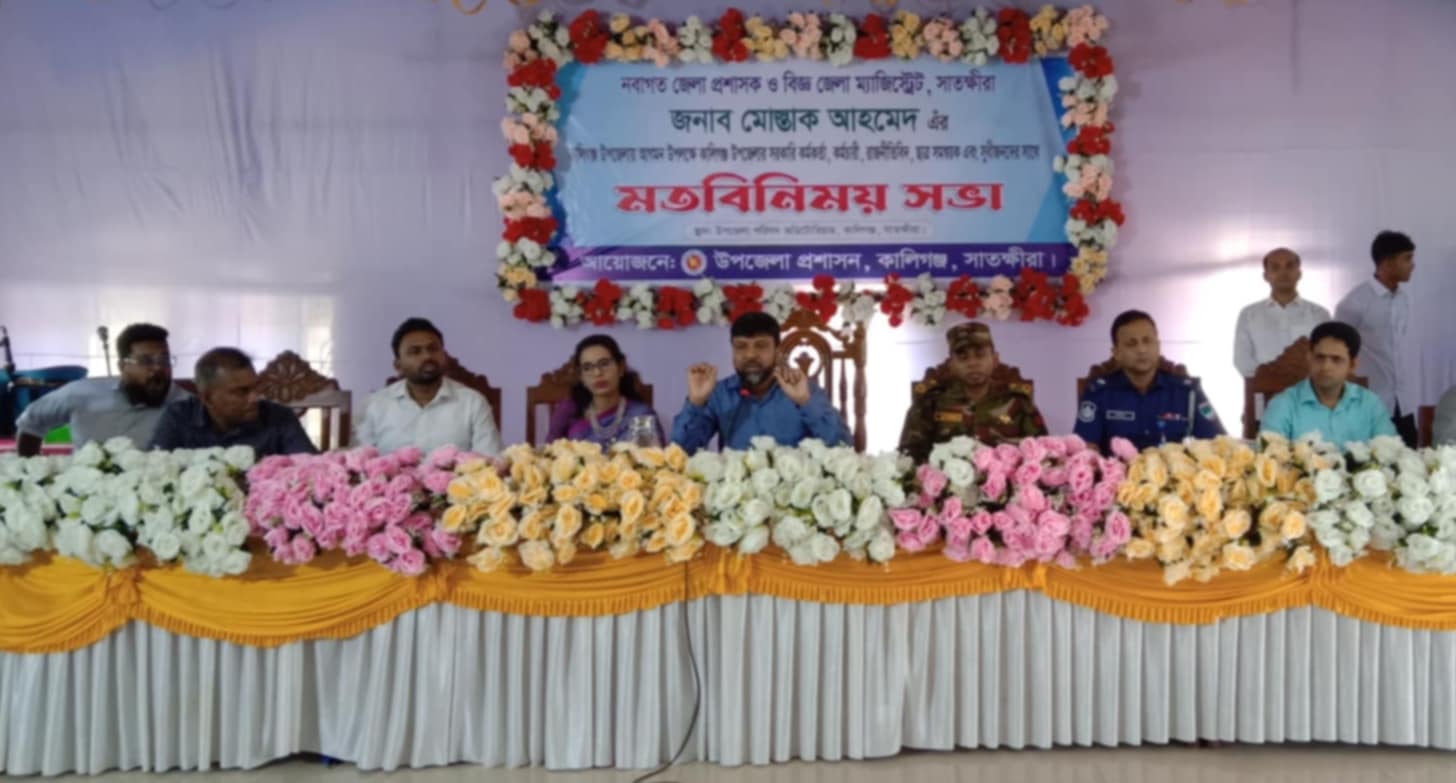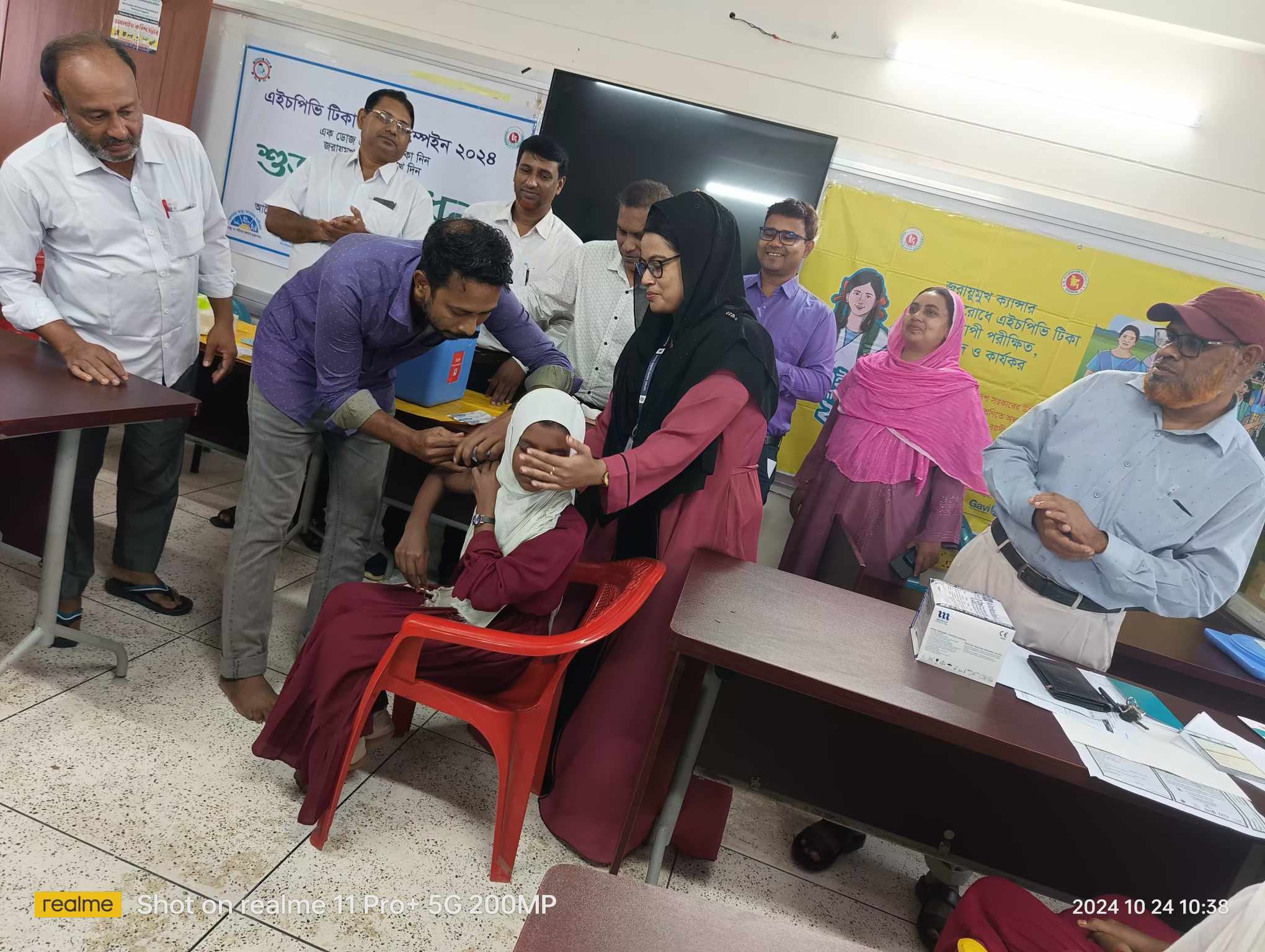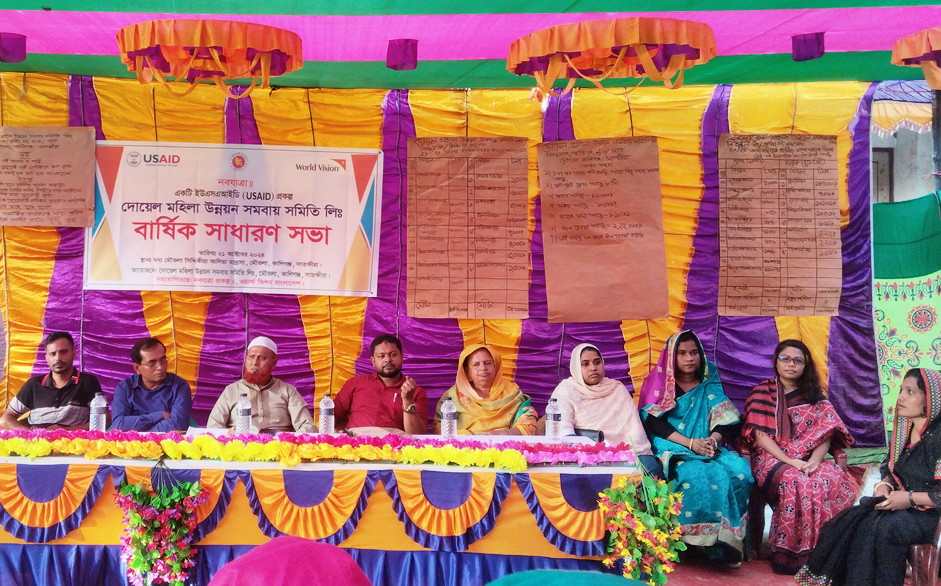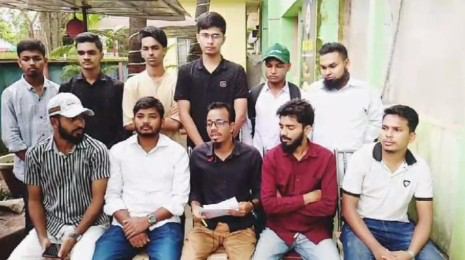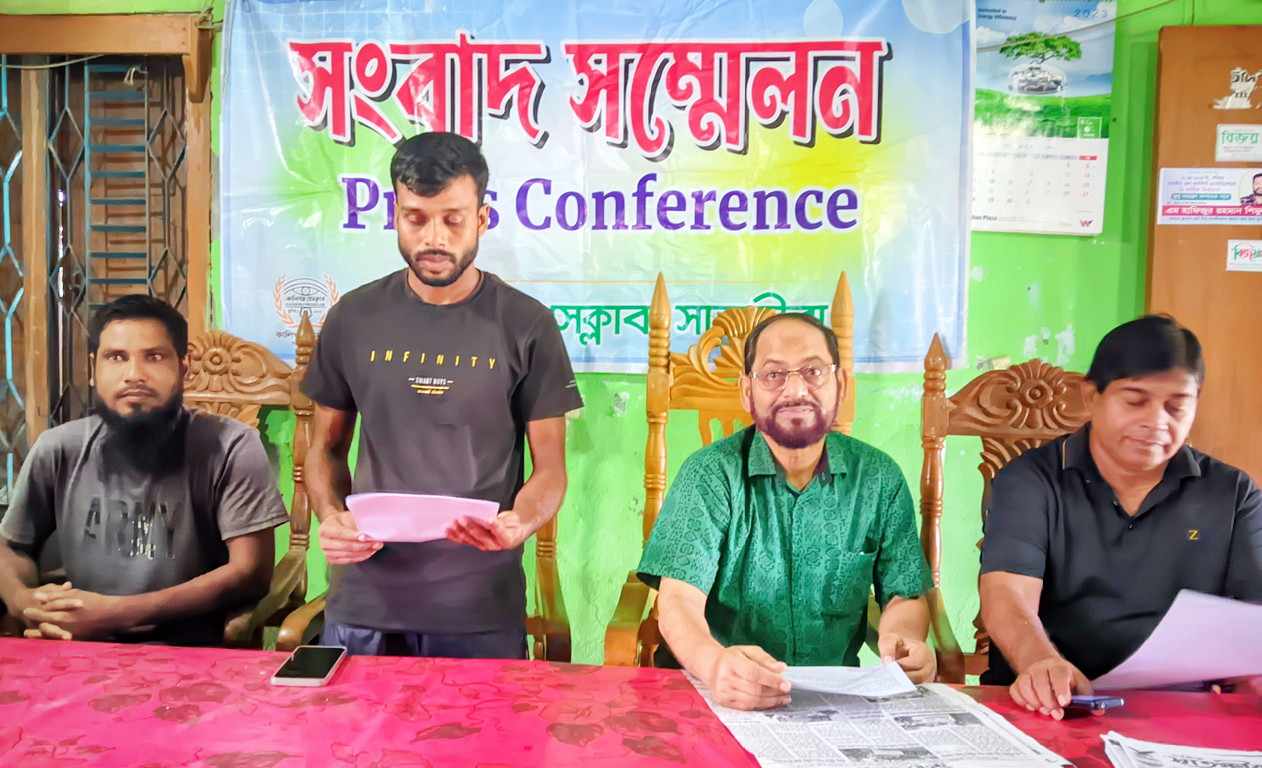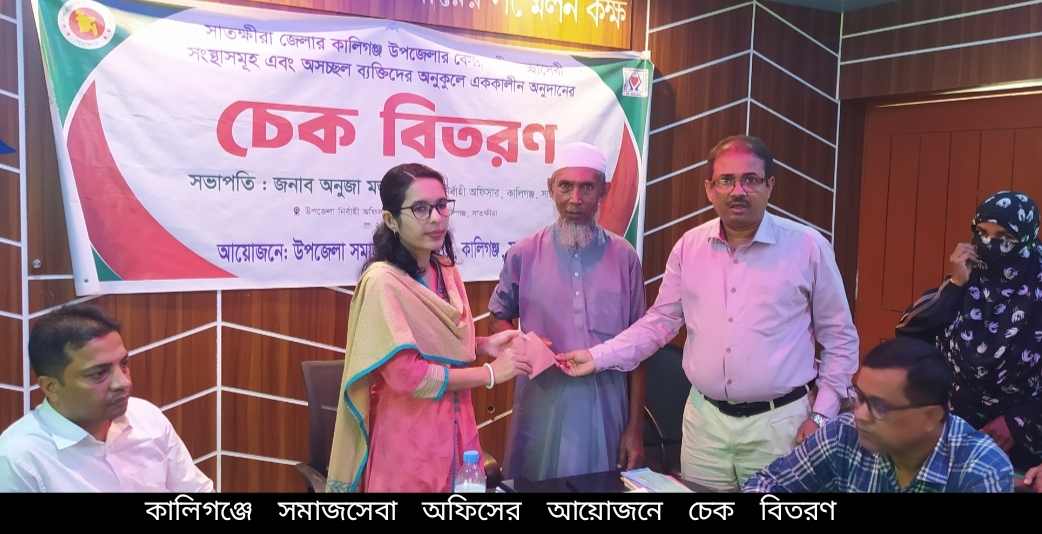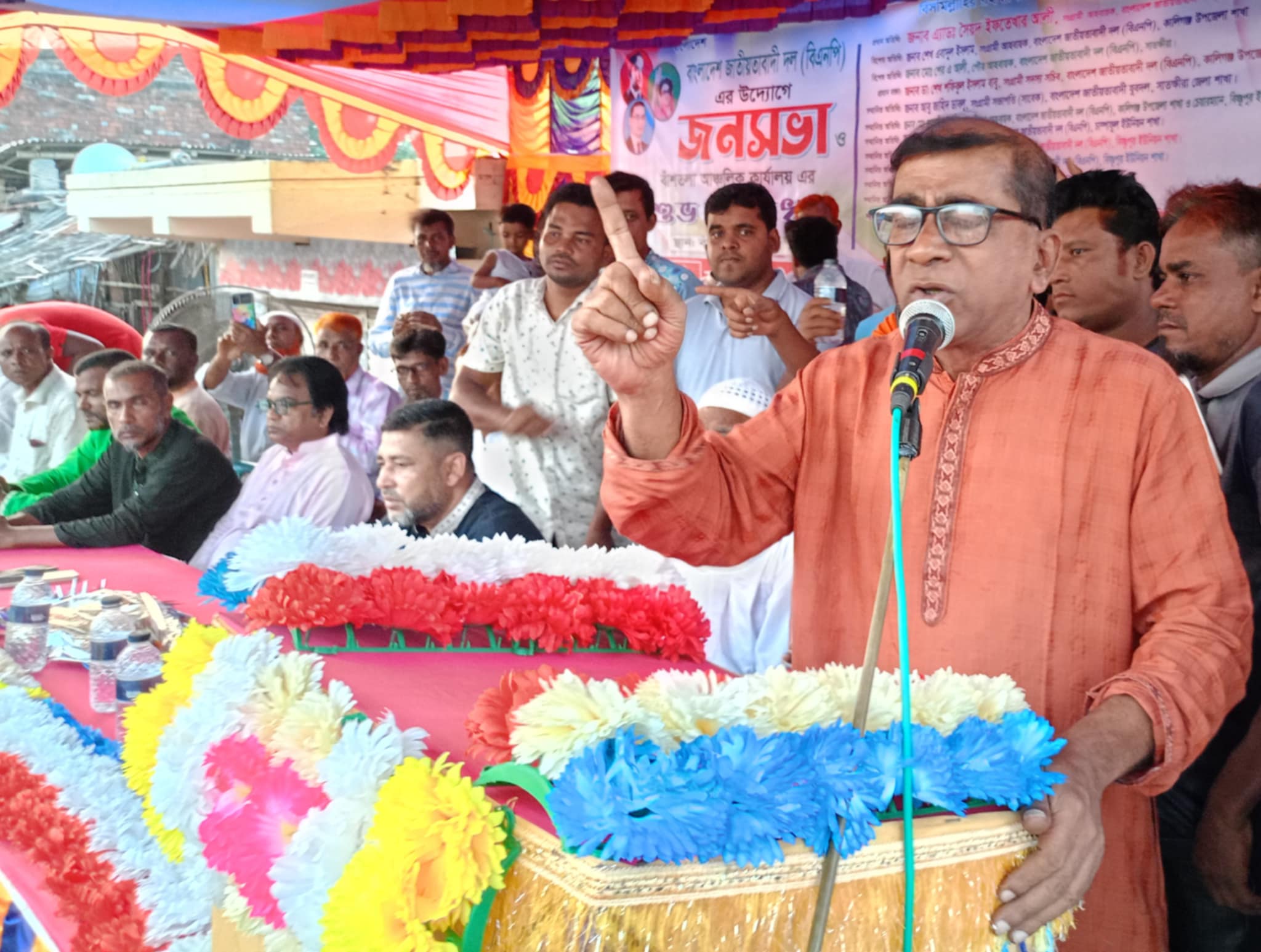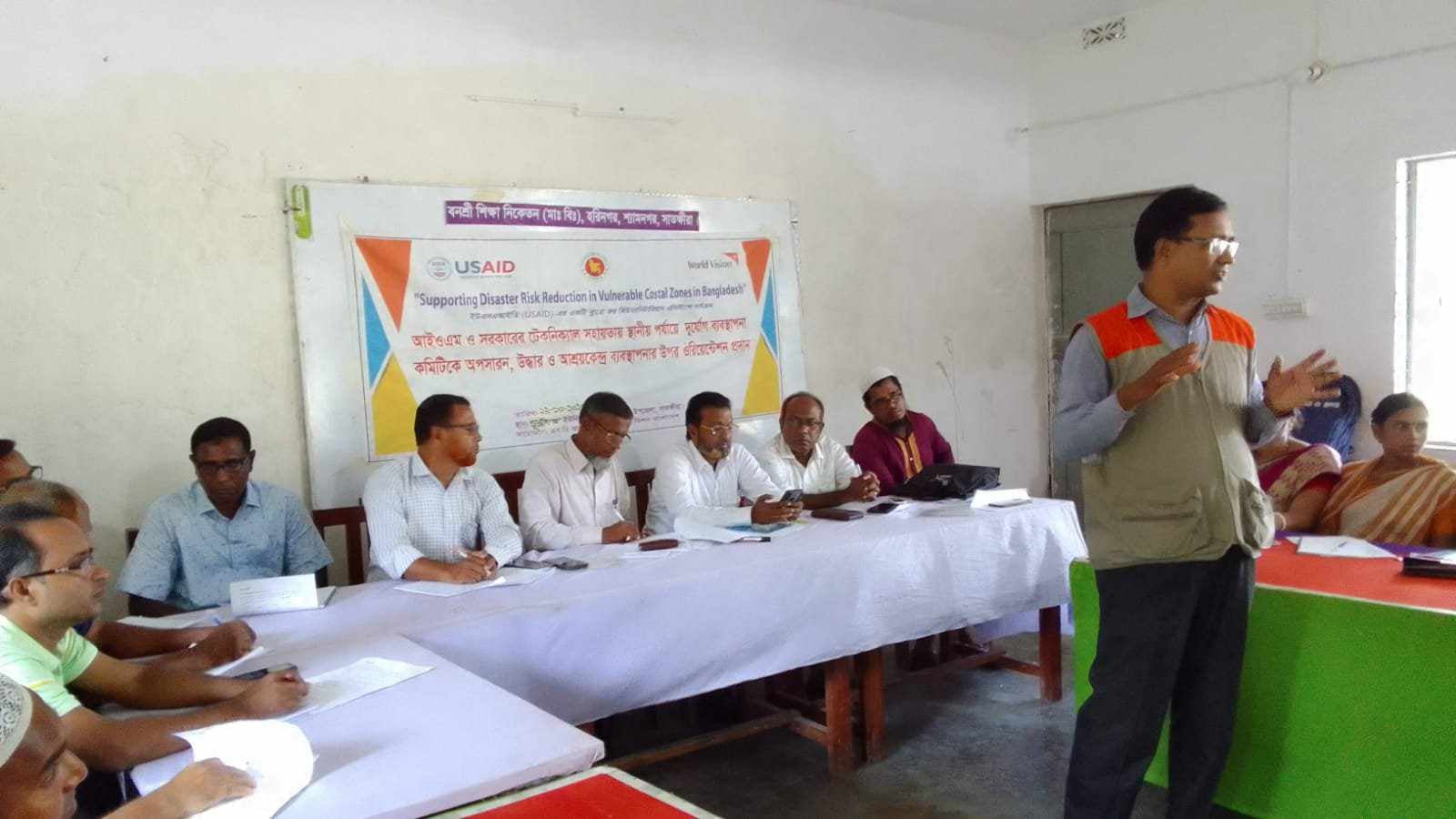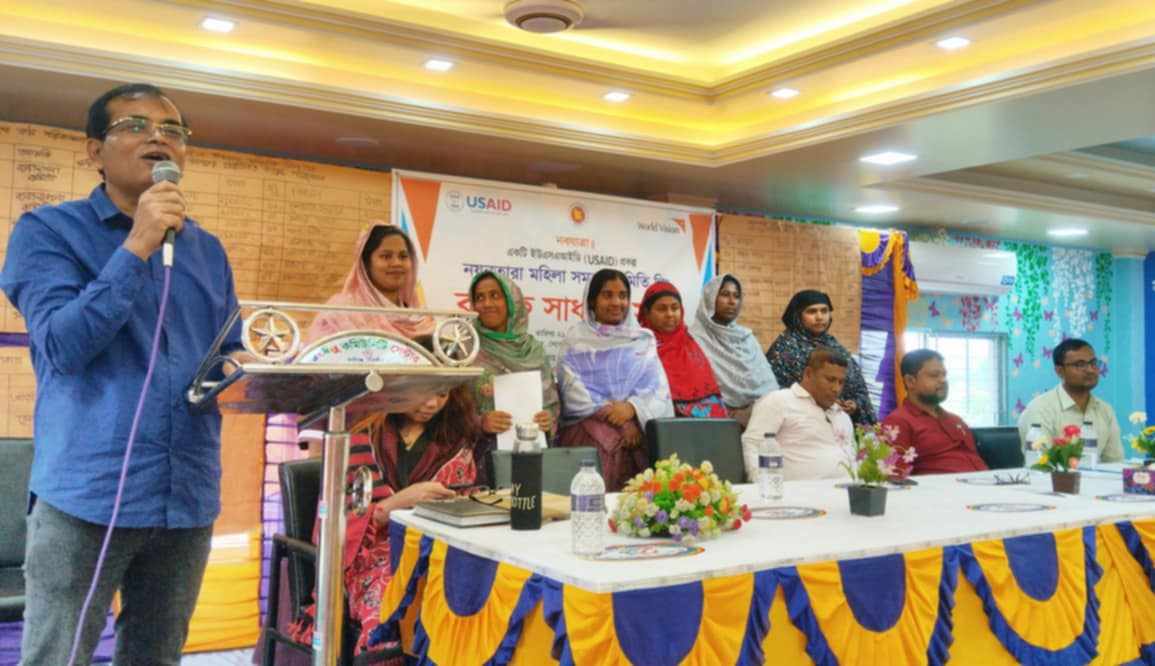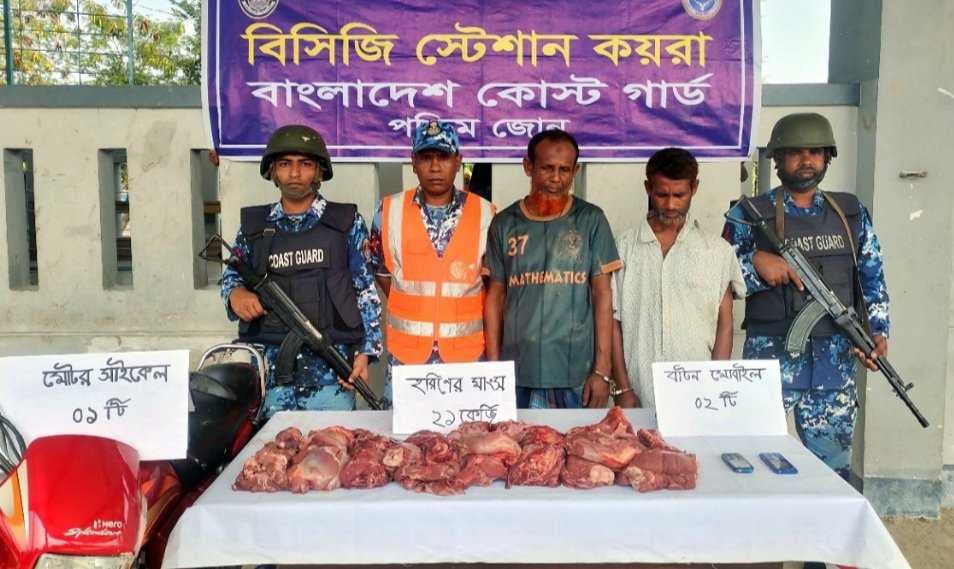Bangladesh is the most densely populated non-city-state country in the world, with the eighth largest population (170 million) within a territory the size of Iowa. Bangladesh is situated in the northeastern corner of the Indian subcontinent, sharing a 4,100 kilometer border with India and a 247 kilometer border with Burma.
In 2023, Bangladesh obtained an International Monetary Fund (IMF) loan to bolster its foreign currency reserves. The IMF Executive Board approved USD 3.3 billion under the Extended Credit Facility/Extended Fund Facility and USD 1.4 billion under the Resilience and Sustainability Facility. According to the IMF, “Bangladesh’s robust economic recovery from the pandemic has been interrupted by Russia’s war in Ukraine, leading to a sharp widening of Bangladesh’s current account deficit, depreciation of the Taka and a decline in foreign exchange reserves.” The 42-month program “will help preserve macroeconomic stability, protect the vulnerable, and foster inclusive and green growth.”
Historically, Bangladesh had annual GDP growth of over six percent between 2010-2020. Its strategic location between the emergent South and Southeast Asian markets and its large workforce were reasons for U.S. companies to invest. Bangladesh received USD 3.44 billion in foreign direct investment in FY 2021-2022, according to Bangladesh Bank (the central bank). The COVID-19 pandemic and Russia’s war in Ukraine impacted Bangladesh by reducing demand for its main export—ready-made garments—while contributing to a sharp rise in the prices of energy and food.
Bangladesh’s rising commodity prices and a surge in imports in 2022 resulted in a widening balance of payments deficit. Foreign currency reserves declined from USD 48 billion in August 2021 to under USD 32.2 billion in January 2023. The Government responded with measures to delay foreign currency payments. The foreign currency shortage also coincided with a banking scandal in which several major Bangladeshi banks made large, questionable loans to companies that then defaulted on the loans. In September 2022, nonperforming loans (NPL) in the banking system reportedly surged to a record USD 12.8 billion, much of which the Government has been unable to trace.
Bangladesh has made gradual progress over the past decade in reducing some constraints on investment, such as taking steps to better ensure reliable electricity, but inadequate infrastructure, limited financing instruments, bureaucratic delays, lax enforcement of labor laws, and corruption continue to hinder foreign investment. The Government has made efforts to improve the business environment, but the full implementation of its foreign investment policies has yet to materialize. Capital markets in Bangladesh are still developing and the financial sector is highly dependent on banks, which suffered a major scandal in 2022 in which 11 banks faced a collective shortfall of USD 3.1 billion. A sluggish and reportedly corrupt judicial process and limits on alternative dispute resolution mechanisms impede the enforcement of contracts and the resolution of business disputes.
In the areas of labor, intellectual property rights (IPR), and environment, the Government has passed various modern laws but does not effectively enforce many of them. It devotes limited resources to IPR protection. Although Bangladesh has made measurable progress over the past decade to improve fire and building safety standards, workers’ rights to associate freely and bargain collectively are limited. Despite the many environmental conventions Bangladesh joined, Dhaka is among the world’s worst cities for air pollution.
Bangladesh is historically moderate, secular, peaceful, and stable, but as the country nears general elections in late 2023/early 2024, the political and security situation may become volatile. The last election in December 2018 was marred by irregularities, violence, and intimidation. Prime Minister Sheikh Hasina and her ruling party, the Awami League, adopted legislation and policies that diminished space for the political opposition, undermined judicial independence, and threatened freedom of the media and civil society.
EXECUTIVE SUMMARY
bd.usembassy.gov


